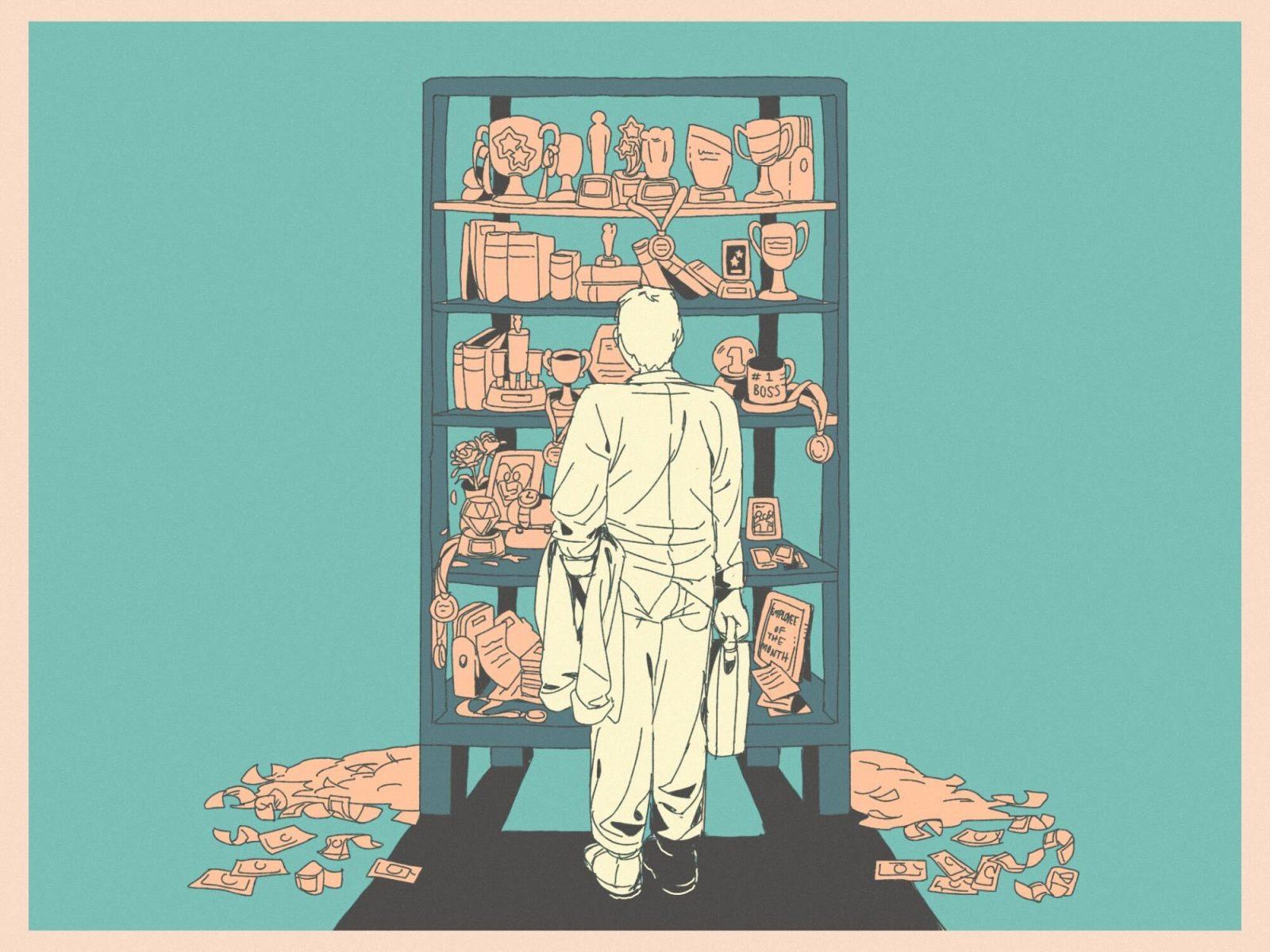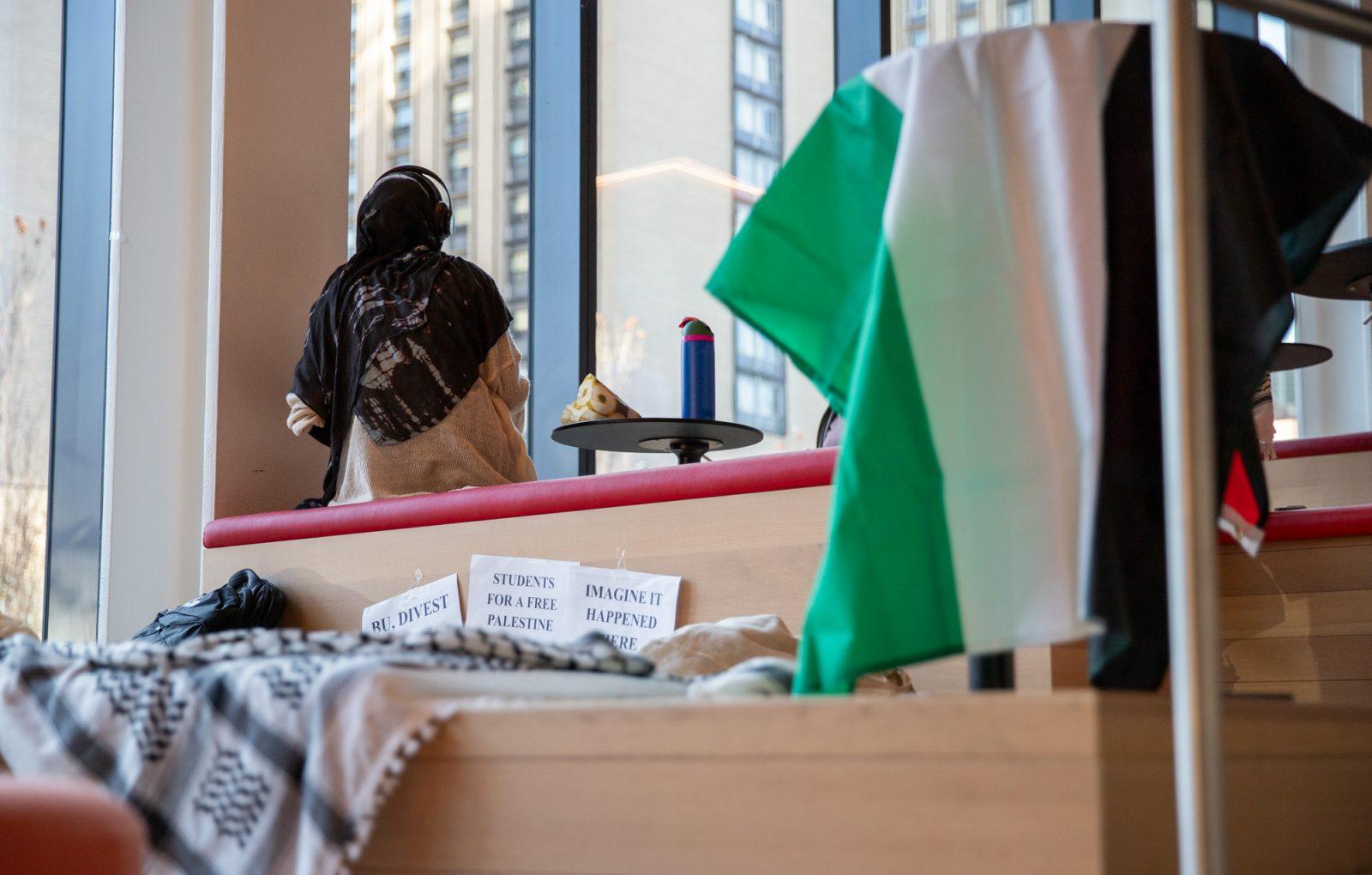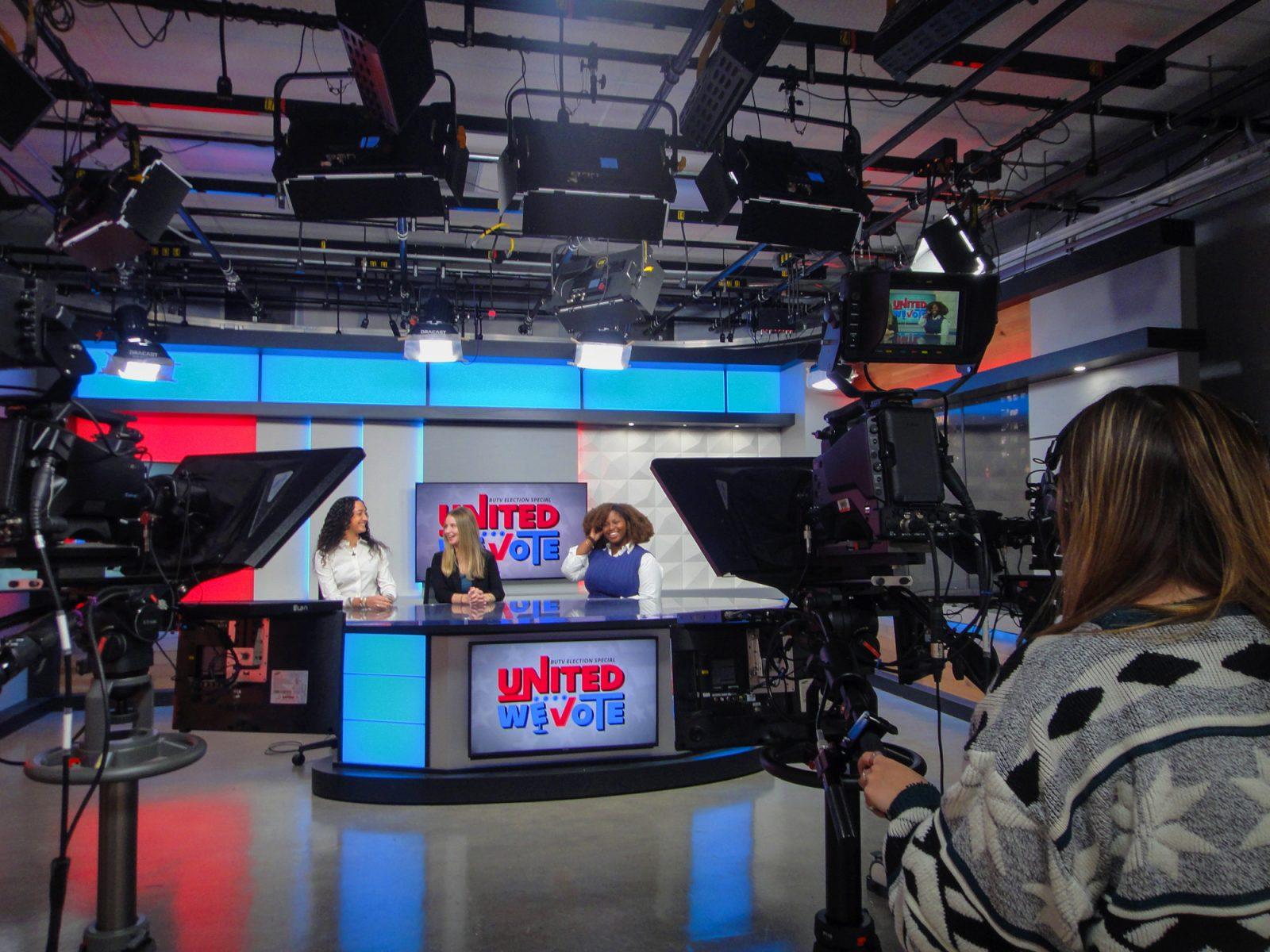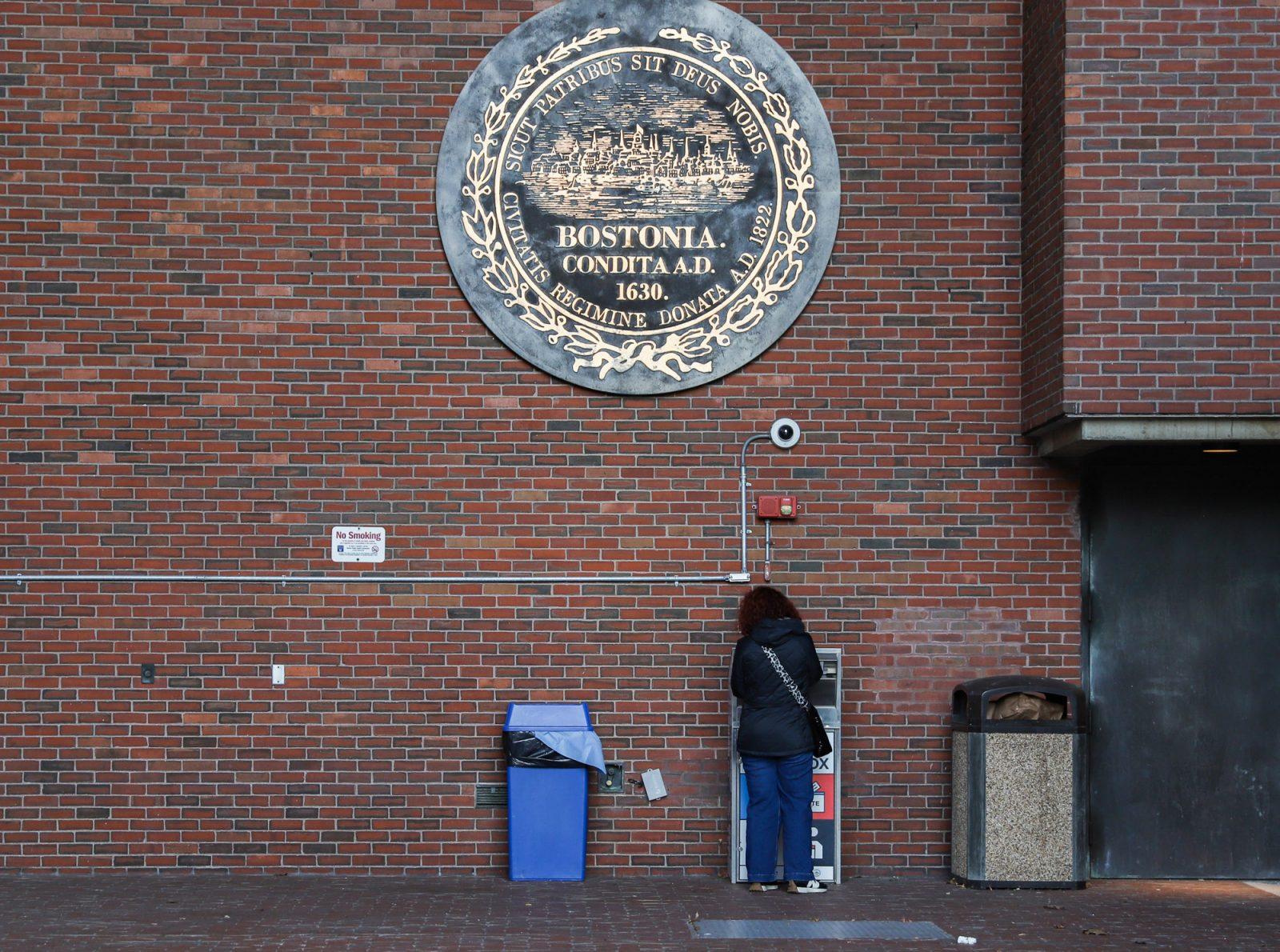A handful of friends, a few words and one banner was all it took to shake tens of thousands of fans at Fenway Park Wednesday night.
During the fourth inning of that night’s Red Sox game, a group of activists unfurled a banner over the Green Monster reading “RACISM IS AS AMERICAN AS BASEBALL” — and they were met with a wave of palpable confusion and booing from the crowd.
Many fans initially read the sign as an endorsement of racism rather than a condemnation of it. The individuals responsible for the banner, who have remained anonymous, told The Boston Globe that although the sign’s ambiguity was unintentional, they were glad to see it. They noted how revealing the reaction they received was of people’s implicit biases.
When the concept of America is not associated with what is good, it throws people off. Even for people who immediately shifted gears to fully support the sign and its intentions, it took them a second to get there. People who were accustomed to seeing themselves as unbiased people who are able to see the United States objectively, both the good and the bad, were proven a little bit wrong. They had to overcome their initial reactions to think about what the sign truly meant.
Many people were quick to criticize the sign’s phrasing for not making their point more clearly. People don’t like being tripped up in that way — questioning your implicit biases is naturally an uncomfortable thing to do. But, it was exactly because of that tricky wording that thousands of people left Fenway on Wednesday thinking a little bit more — about baseball as a sport, about the racism therein and about prejudice in general. That doesn’t happen every day.
People don’t go to a baseball game to think — they go to relax, to unwind, to have fun. They especially don’t want to think about big, hard questions. Fans went to Fenway to simply take a break. However, people of color don’t get that kind of break, not when it comes to racism. From their jobs to their schools to even their baseball games, prejudice is an inescapable part of their lives. Forcing people to acknowledge that, and to really think about it, as uncomfortable as it may be, is critically important.
On Wednesday, people who never think about these kinds of issues were forced to address them head on. Although this incident was one-of-a-kind, it is also indicative of a larger trend that is occurring. We as a society are starting to have a big expansion of when and where we talk about racism. It used to be a mainly a political issue. Now, it is becoming a very real conversation in every arena from baseball games to the Academy Awards.
However, the impact it has when these issues are addressed in the world of professional sports is totally unique. From debates over the namesake of Yawkey Way to the headlines made by Colin Kaepernick, the scope of audience that the world of sports reaches is unparalleled. These are places in which the problems of racism are incredibly real, but very rarely addressed. It is refreshing to see that changing.
The reasons that racism is inseparable from baseball don’t have to do with a problem in the MLB so much as they do with a problem in our society. Socioeconomic disadvantages prevent children of color from ever being able to buy equipment or uniforms or team fees for sports like baseball. Ending the MLB would only be scratching the surface of these big issues.
At the end of the day, the sign might not have made any concrete progress, but it did make people think and question and challenge themselves, and that, in and of itself, is a home run.























































































































